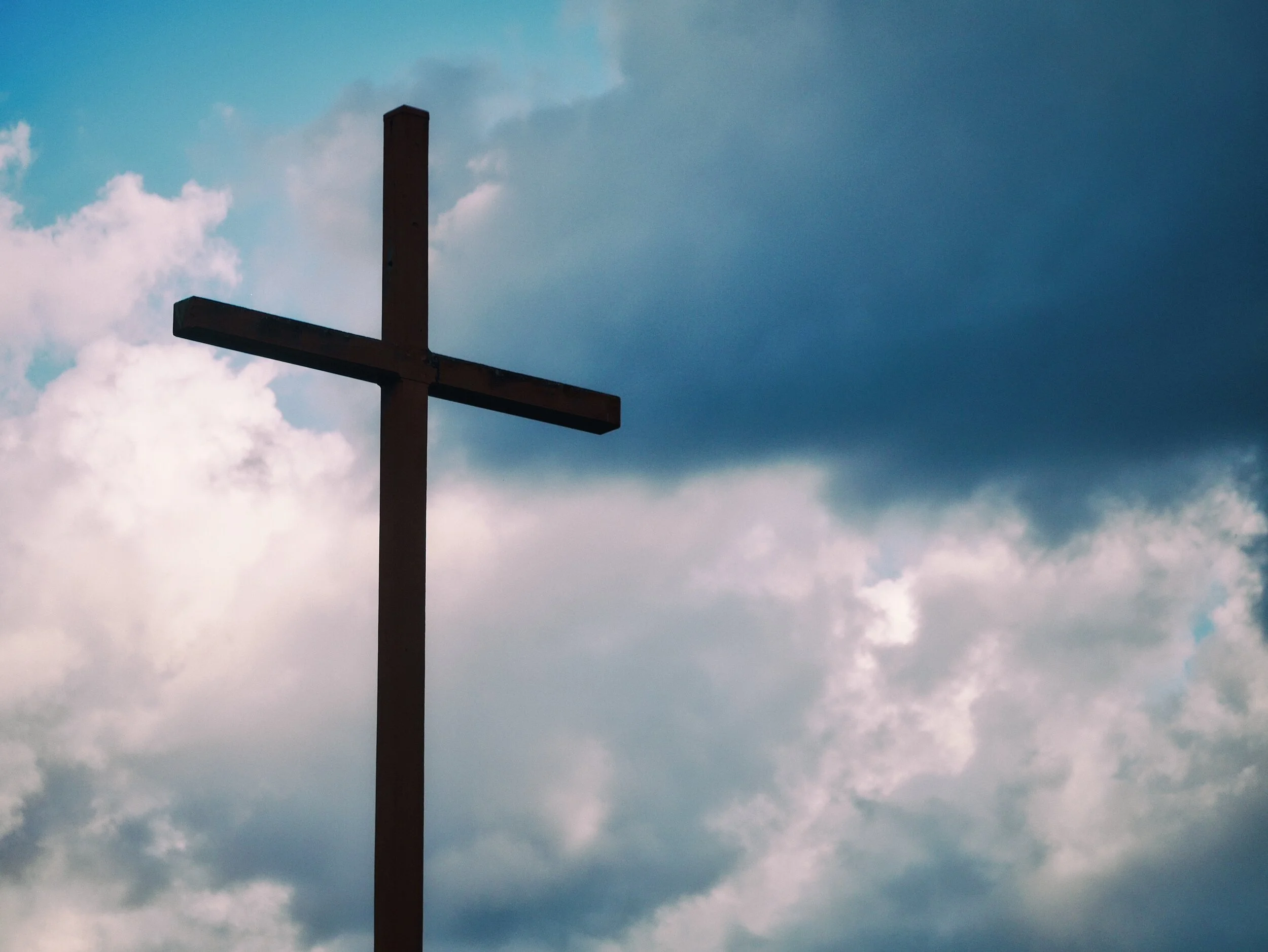As we continue our journey of walking with Jesus to behold him clearer, draw closer to him and thereby grow in his likeness, we come to our third ‘means of grace’ – confession. To some, it may seem to be a rather grim experience. It can invoke the image of going into a confession booth, sitting next to a priest, and saying: “Bless me father, for I have sinned. It has been two weeks since my last confession…”
The manner by which parts of the church throughout history and even popular media has characterised the discipline of confession can distort its true beauty, necessity and life giving nature. Confession is both a discipline and an amazing privilege. Consider the Apostle John’s words in his first epistle:
“5 This is the message we have heard from him and declare to you: God is light; in him there is no darkness at all. 6 If we claim to have fellowship with him and yet walk in the darkness, we lie and do not live out the truth. 7 But if we walk in the light, as he is in the light, we have fellowship with one another, and the blood of Jesus, his Son, purifies us from all sin.
8 If we claim to be without sin, we deceive ourselves and the truth is not in us. 9 If we confess our sins, he is faithful and just and will forgive us our sins and purify us from all unrighteousness.”
John states that when we confess our sins, he is both faithful and just – not only to forgive us but also to purify us. Confession is not to be a dreadful sense of introspection, but a liberating means of accepting God’s truth and entrusting ourselves into His loving care. It is a privilege that no other belief system affords us, since it is by grace that we can boldly come before God, be completely vulnerable before Him and admit that we do not have “it all together”. There is no expectation of penance to pay. This is the beauty of the gospel. As a righteous and holy God, sin cannot exist in His presence, nor can He ignore it – justice demands payment. Yet, in His magnificent love, He sent His only begotten Son to pay for our transgressions and to bear the punishment due for our sins.
God Himself paid our debt, so that we can come before Him boldly and experience His forgiveness, love and kindness – His grace. It is out of His kindness that we move into a dependence and love for which our souls yearn. Confession takes the pressure off of us to perform or to earn His favour. It allows us to draw deep from His well of inexhaustible grace, which in turn empowers us to love others as we have been loved. Moreover, when we confess our sins to our loving Father, sin loses its power over us.
For this reason, we should not minimise our sins in the light of his grace. It is not a mere lapse in judgement which is in question, but a wilful disobedience and a deep-seeded corruption which required God Himself to incarnate and bear a shameful death on the cross in order to pay for its implications. To minimise it is to give room for sin to fester and grow. Like a fungus, sin grows in darkness. In order to mitigate its growth and its gangrenous effects, we are called to bring it to the light. Thus, in light of God’s grace, we can boldly come before Him exposing whatever shameful act, addiction, guilt or feeling of inadequacy which we bear in our hearts, knowing that He is for us and not against us. He wishes that we live in freedom from the stranglehold of sin. As we humbly come before Him in wilful dependence on His goodness as opposed to our own, we position ourselves to receive His loving-kindness both through forgiveness and purification. In this humble act of worship, our love for Jesus grows.
“Those who are forgiven much love much; but he who is forgiven little loves little.”
Practical Steps:
Spend some time in prayer.
Ask God to graciously reveal if there is an area of your life where sin may be festering. As things come to mind, write it down. Then, thank God for sending Jesus to pay for your sins. Thank him that he not only paid for your sins, but wishes to lead you into true freedom. Ask him to lead you into even more intimacy with him and ask him if there are any steps which he wishes you to take in order to continue walking in freedom. Write down if anything comes to mind, and ask him for his grace and strength to help you in walking in this freedom.

